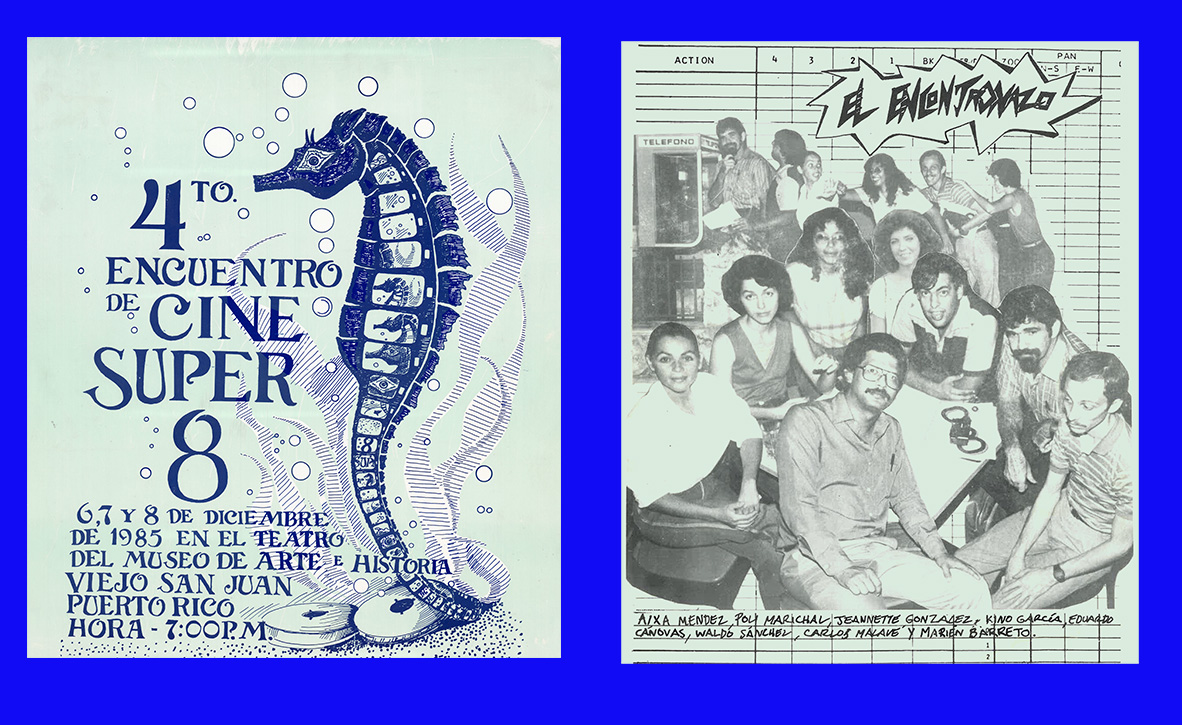san juan
About Timeline
Background information about san juan
In 1981 Eduardo Cánovas, a firefighter, activist and film director met with film critic María Cristina Rodríguez who introduced him to Joaquín "Kino" García. Later came Carlos Malavé, Poli Marichal y Mariem Barreto. Aixa Méndez and Jeanette González followed. Filmmakers Oscar Colón and Waldo Sánchez also belonged to the group. José Artemio Torres gave the initial support to form the collective. Based in San Juan, the group was active for six years and organized Encuentros (1982-1987), festivals without competition. Cine La Red, a staunch supporter of Puerto Rican sovereignty found themselves in opposition to the national government's pro-statehood ideas. This conflict made it difficult for the group to find financial support and forced them to look elsewhere for funding.
Cánovas first connected Cine La Red with the Super 8 Federation in 1981, when he met with the Federation’s then president Richard Clark on a visit to Mexico City’s Super 8 festival. Clark supported initiatives and collaboration with filmmakers from other countries. This connection is documented in the first four Puerto Rican festival catalogs, which have the Federations. The International Center for 8mm Film was also a large supporter of Cine La Red who, along with the Brodsky and Treadway Foundation requested a U.S. National Endowment for the Arts grant. The 1986 Cine La Red festival catalog shows the association between Cine La Red, the Center for 8mm Film and the American Arts Grant. The support of these organizations helped the Encuentros expand the activities offered to include workshops and discussions.
Once in the Federation network, members of Cine La Red were able to exhibit their films internationally. Poli Marichal showcased her animations alongside Canovas’s activist documentaries at international competitions. Marichal’s films won awards at Brussels, Montreal and Caracas. Regardless of the financial struggles faced by Cine La Red this endeavor, helped in no small part by the network of other Super 8 communities, allowed Puerto Rican filmmakers the opportunity to both express their political discomfort and validate their work nationally and internationally.

